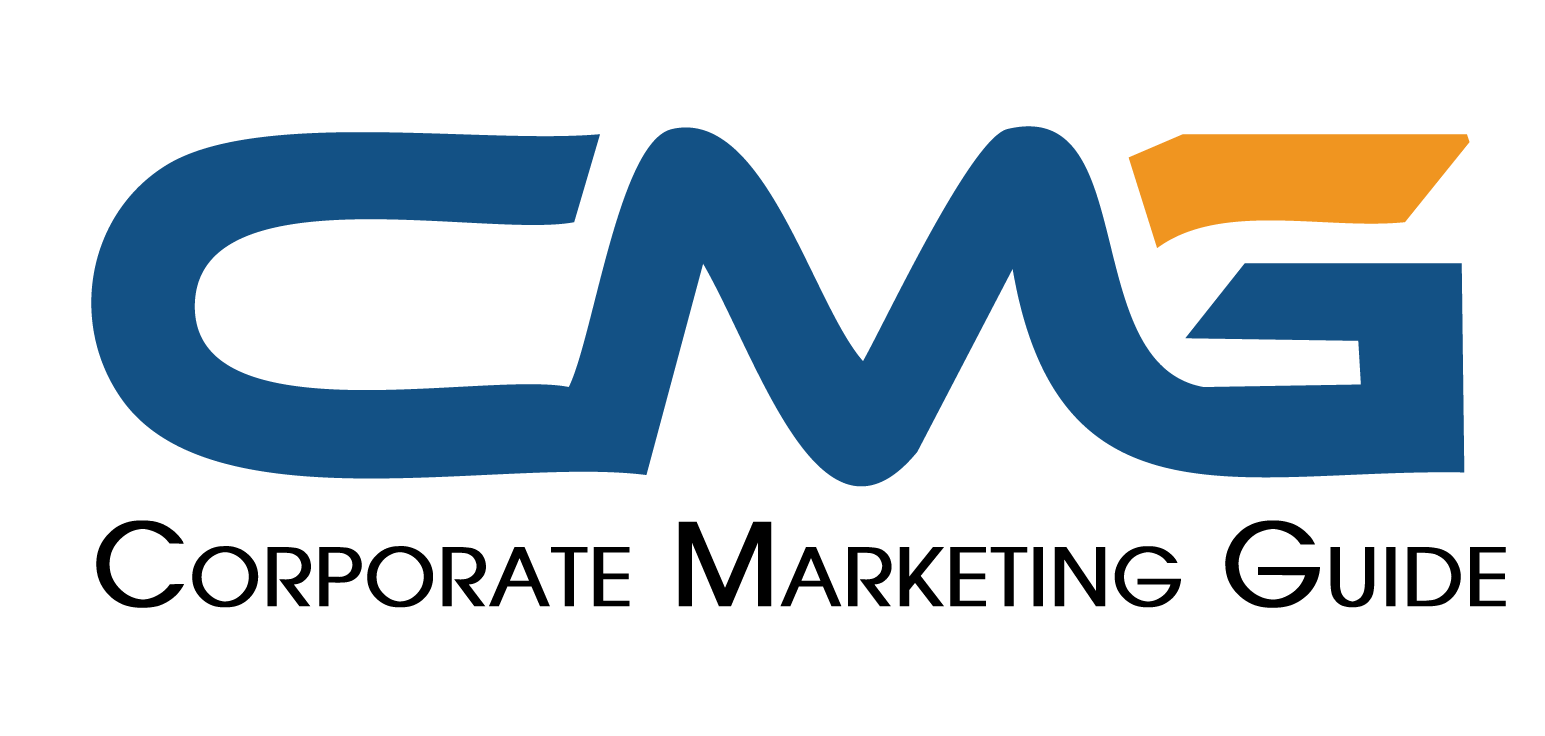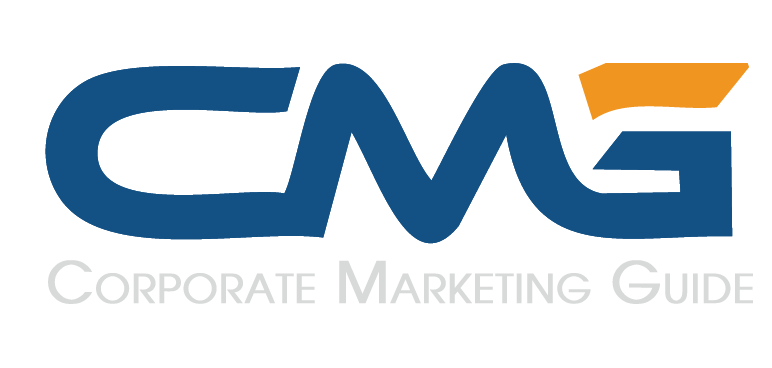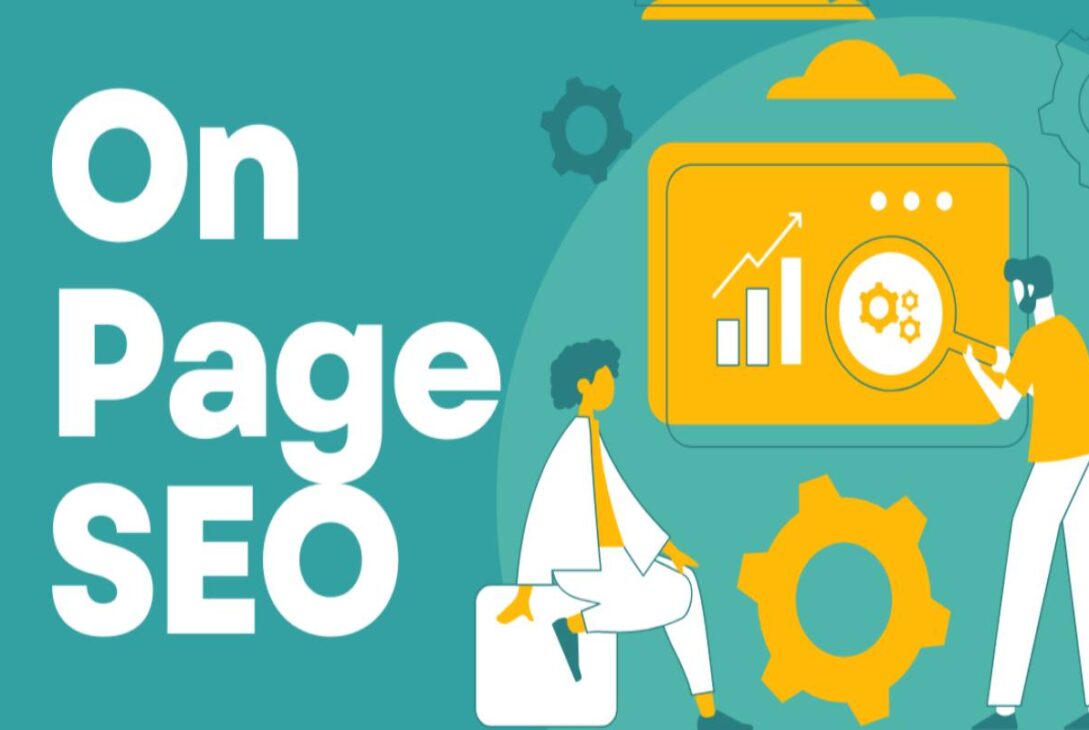SEO helps websites rank higher in search results. It’s a key part of online marketing. Good SEO can bring more visitors to a site and boost sales or leads.
SEO has two main parts: on-page and off-page. On-page SEO focuses on making web pages better for search engines. This includes using the right keywords and having good content. Off-page SEO is about building links from other sites.
Many businesses in Singapore use SEO to grow online. They often work with experts who know the latest SEO tricks. These pros can help create content, fix technical issues, and build links. With the right SEO plan, Singapore companies can reach more customers online.
Establishing Online Visibility and Credibility
Effective SEO practices help businesses boost their online presence and gain trust with potential customers. This involves improving organic traffic, building authority, and optimizing for local searches.
Enhancing Organic Traffic Through Proven SEO Strategies
SEO strategies are key to increasing organic traffic. Keyword research helps identify terms people use to find businesses online. These keywords should be used in website content, titles, and meta descriptions.
A fast, mobile-friendly website is crucial. Search engines favor sites that load quickly and work well on phones. Regular content updates also help. Fresh, useful information keeps visitors coming back and can improve search rankings.
Site structure matters too. A clear layout helps both users and search engines find information easily. This includes using headings, internal links, and a logical page hierarchy.
Building Authority with Quality Backlinks
Quality backlinks are links from other reputable websites. They show search engines that a site is trustworthy and valuable. Getting good backlinks takes time and effort.
Creating great content is one way to earn links naturally. When other sites find the content useful, they may link to it. Guest posting on relevant blogs can also help build backlinks.
Partnerships with other businesses or sponsorships can lead to quality links. Local directories and industry-specific websites are good places to get listed.
It’s important to avoid low-quality or spammy links. These can hurt a site’s reputation with search engines.
Leveraging Local SEO for Business Growth
Local SEO helps businesses appear in searches for nearby services. This is vital for companies with physical locations or those serving specific areas.
Google My Business is a key tool for local SEO. It lets businesses manage how they appear in Google Maps and local search results. Keeping this listing up-to-date with accurate information is crucial.
Local keywords should be used in website content and meta tags. For example, “SEO agency in Singapore” targets people looking for local services.
Getting reviews from happy customers can boost local rankings. Positive reviews on Google and other platforms show that a business is trusted in the community.
Local citations, which are mentions of a business name and address on other websites, also help with local SEO. Consistency across these citations is important for search engines to trust the information.
On-Page and Off-Page SEO: Maximizing Search Engine Rankings
SEO has two main parts: on-page and off-page. These work together to boost website rankings and visibility in search results.
The Significance of Technical SEO and Content Marketing
Technical SEO focuses on a website’s structure and code. It makes sure search engines can easily crawl and index pages. This includes fixing broken links, improving site speed, and creating XML sitemaps.
Content marketing is key for on-page SEO. It means making useful, high-quality content that matches what users search for. Good content uses relevant keywords naturally and answers people’s questions.
On-page SEO also involves optimizing title tags, meta descriptions, and headers. These elements tell search engines what each page is about. Using the right keywords in these spots can help pages rank higher.
Off-Page SEO: The Power of Link Building and Digital Presence
Off-page SEO happens away from your website. It’s about building trust and authority online. Link building is a big part of this. Getting quality backlinks from respected sites shows search engines your content is valuable.
Social media also plays a role in off-page SEO. Being active on platforms like Twitter or LinkedIn can increase brand awareness and drive traffic to your site.
Online reviews and mentions on other websites count too. They show that real people find your business useful. This can boost your search rankings and attract more customers.
Measuring Success: SEO Metrics and Return on Investment
SEO success can be measured through key metrics and financial returns. Tracking these numbers helps businesses see the value of their SEO efforts.
Understanding SEO ROI and Conversion Metrics
Search engine rankings are a key metric for SEO campaigns. Higher rankings often lead to more website traffic. But traffic alone doesn’t tell the full story.
Conversions matter most. These could be sales, sign-ups, or leads. The conversion rate shows how many visitors take desired actions.
ROI measures the financial gains from SEO compared to the costs. To calculate ROI, track:
- Revenue from organic search traffic
- Cost of SEO activities
- Time spent on SEO
A positive ROI means the SEO campaign is profitable. Negative ROI suggests changes may be needed.
Competitor Analysis and Market Insights
Comparing your SEO results to competitors gives helpful context. Look at their:
- Keyword rankings
- Backlink profiles
- Content strategies
This shows where you stand in the market. It can reveal new opportunities for growth.
Market insights help shape SEO plans. Study trends in:
- Search volumes
- User behavior
- Industry changes
These insights guide content creation and keyword targeting. They help businesses stay ahead of shifts in their field.
Staying Ahead: The Future of SEO and Trends to Watch
SEO is always changing. Keeping up with new trends is key for success. Here are some important things to watch:
AI and machine learning will shape SEO more. Search engines use these to understand content better. SEO pros need to adapt their methods.
Voice search is growing fast. People use smart speakers and phones to find info. Optimizing for voice queries is crucial now.
Mobile-first indexing is here to stay. Google looks at mobile versions of sites first. Having a fast, mobile-friendly site is a must.
User experience (UX) affects rankings more. Sites that are easy to use rank higher. Good UX means faster load times and simple navigation.
Video content is booming. Search engines can now “watch” videos. Adding transcripts and descriptions helps boost video SEO.
Local SEO matters more than ever. “Near me” searches keep rising. Businesses need accurate local listings and reviews.
Link building is still important. But quality beats quantity. Natural, relevant links from trusted sites are best.



